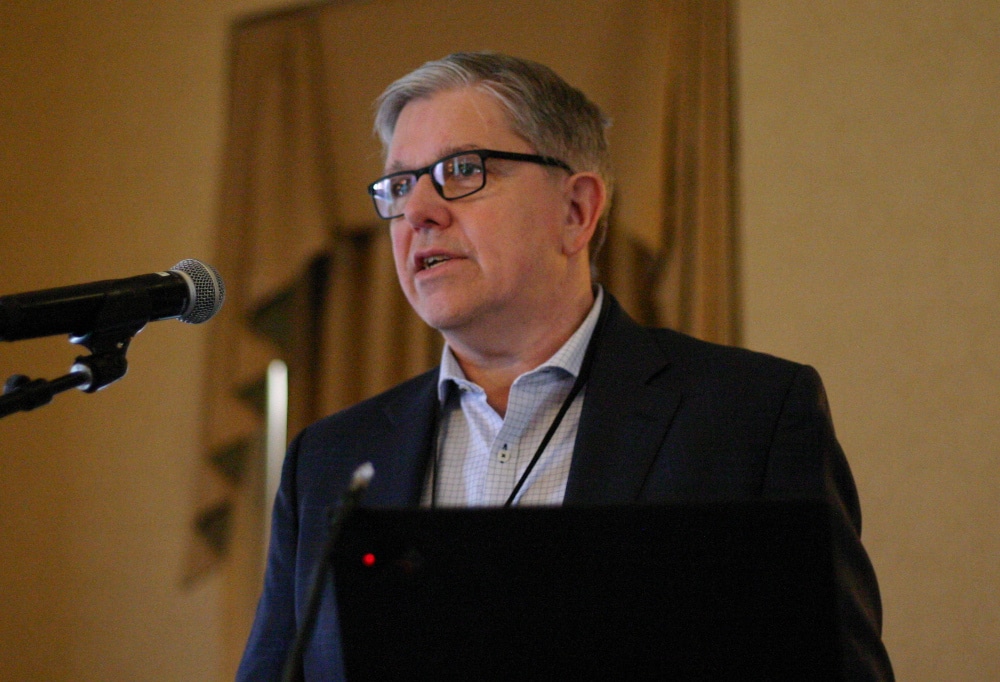It’s almost the end of the year and I find myself in a new country, where I recently started a new job as the Canadian Seed Trade Association’s regulatory affairs and policy coordinator. Needless to say, things have been a whirlwind of excitement for me these past five months since I started at CSTA.
Let me back up a bit. I immigrated to Canada in the summer of 2017, after finishing my master’s degree in plant sciences and cell biology at Germany’s RWTH Aachen University. Aachen is the westernmost city in Germany, located near the borders of Belgium and the Netherlands.
It was there I developed my passion for plant science. The world of plants and agriculture has long fascinated me, and before leaving Germany I worked extensively with gene editing techniques like CRISPR. The new possibilities opening up in the world of gene editing and precision plant breeding are endless, and it is with this enthusiasm for what’s to come as far as these technologies go that I come to Canada to begin a new phase in my life and career.
Growing up and living in Germany has given me a lot of insight into gene editing and different schools of thought on the subject. Europe, as you probably know, is largely a GMO-free zone, and misinformation concerning GM technology is rampant. This anti-science trend is now spreading into the area of gene editing technologies like CRISPR, and I come to Canada with the knowledge that if we as an industry fail to be proactive in the area of science policy, we in Canada will have a public relations disaster on our hands.
It is my hope that our regulators will treat gene editing the same as traditional plant breeding if the potential outcome is the same and we use sound science-based risk assessment. I’m happy to be developing a new model in partnership with CropLife Canada and the Canada Grains Council, which will provide recommendations to the federal government on how best to approach the issue of gene editing to ensure both consumer concerns and seed industry needs are satisfied.
At the same time, I’m very excited to be involved in the Seed Synergy Collaboration Project, which is forging a next-generation seed regulatory system for the country. In many ways, especially when it comes to biotechnology, Europe has moved backwards in how it handles its seed and plant breeding industry from a regulatory perspective, and it’s a huge motivator to be working in a country where the seed industry is being proactive in creating its own future.
I’m really looking forward to working on behalf of CSTA members and the entire Canadian seed industry to ensure the future we create for ourselves is one that puts science and the seed trade first, while at the same time listening to the concerns of consumers and doing our best to educate them about science and all the wonderful things it does to put affordable, nutritious food on their tables and ensure that the environment is protected.
One of my main orders of business at CSTA is to engage our seven committees, which deal with industry matters pertaining to biotechnology; corn, soybeans and eastern cereals; forage and turf; intellectual property; oilseeds, pulses and western cereals; international issues; and seed-applied technologies. Since our semi-annual meeting in November, we’ve made significant progress on moving issues forward and I’m sure that it will continue on that trajectory this year.
I am grateful for the opportunities I have received in Canada and elated to be a part of this great country. I’m looking forward to becoming a permanent resident in 2018. I’m also eager to chat about the Canadian seed industry! Simply email me at cfeulner@cdnseed.org.












